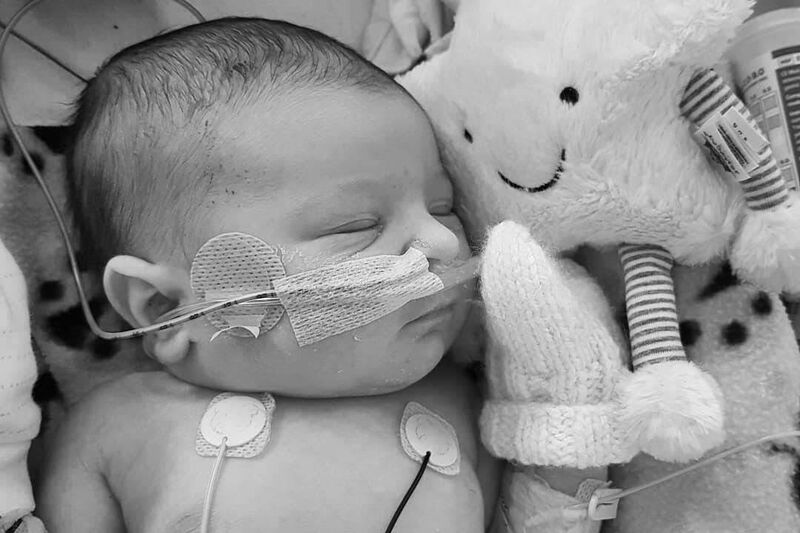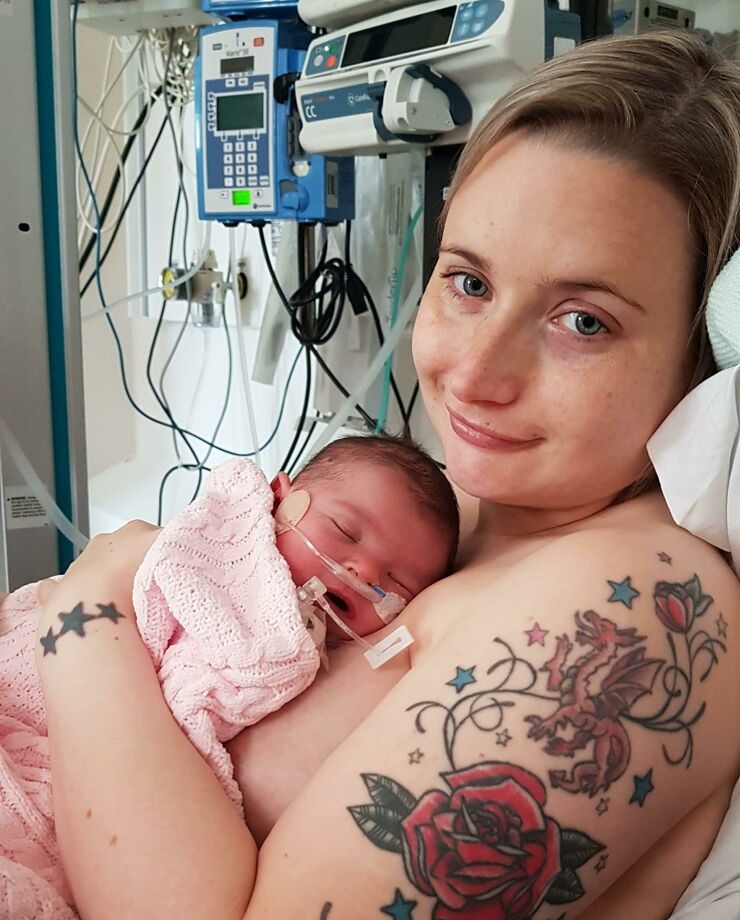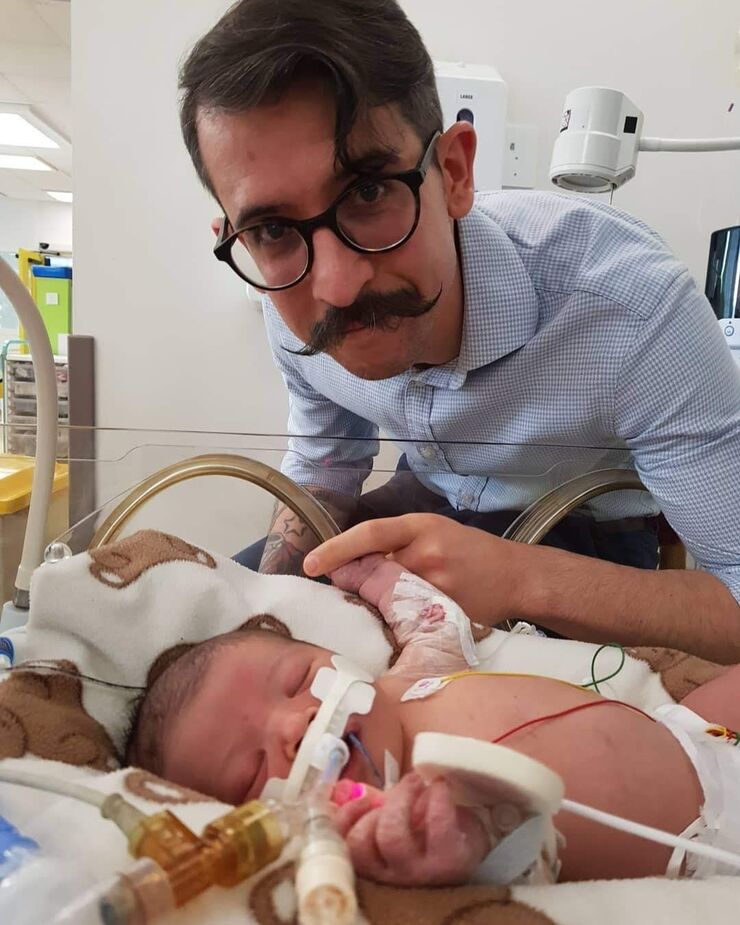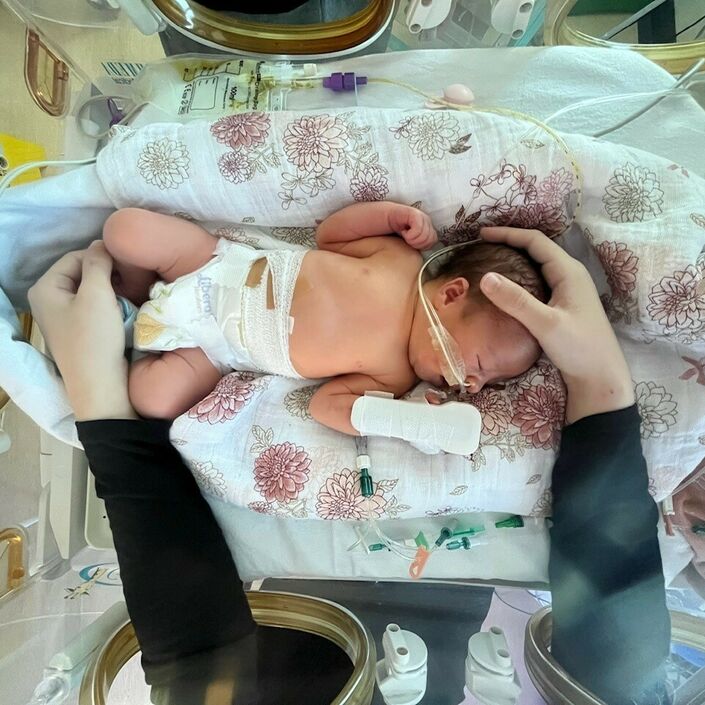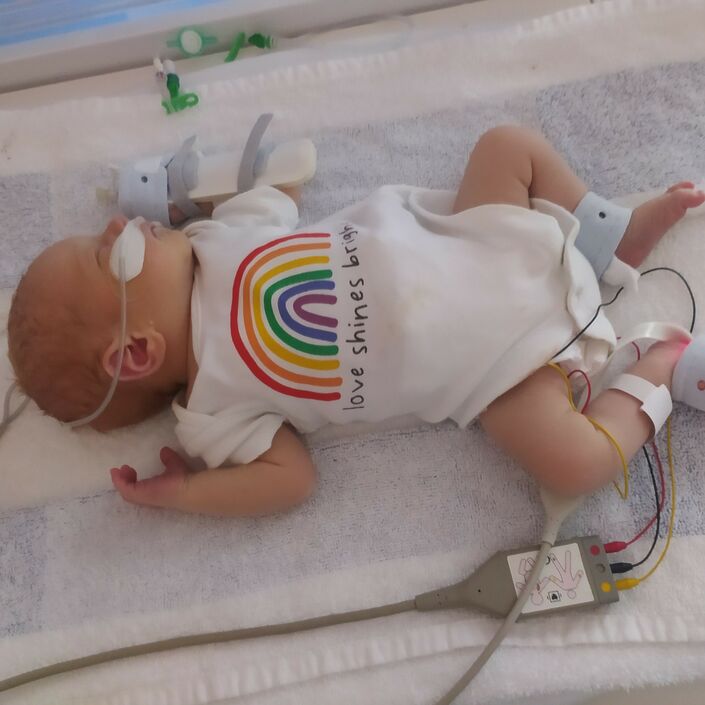I really enjoyed being pregnant. Right from the beginning, I felt fulfilled in a way that I’d always longed for. It felt as if I was living my purpose - that I was doing what I am on earth to do. But mixed with that certainty, was a lot of self-doubt, deep wounding and unhelpful conditioning from my childhood, that I wasn’t aware of at the time.
I threw myself into learning about positive pregnancy and physiological birth. We had one-on-one hypnobirthing sessions, I read stacks of books, joined groups online, created a vision board, painted affirmation posters, wrote our own hypnobirthing script, practised prenatal yoga at classes and at home, stuck affirmation cards all round my desk at work, we engaged enthusiastically in our antenatal classes and doula sessions, went to breathing and visualisation classes, did pregnancy meditations, had acupuncture, and listened to pregnancy and birth podcasts every day.
Until I became pregnant, I had the same conditioned view of birth as most women in the developed world (as a painful, terrifying, medical event) - and everything I learnt to the contrary was wonderful and enlightening and amazing.
I felt so excited and blessed to be the kind of person who seeks to educate myself and challenge conditioned beliefs so that my baby could have the kind of beginning every child deserves.
But as it turned out, the universe had other plans. After a healthy ‘low-risk’ pregnancy, labour started spontaneously during my 42nd week. After 36 hours of relentless back-to-back labour at home, there were concerns about her heart rate, so we were transferred to hospital where she ended up in NICU for 10 days. My baby had Meconium Aspiration Syndrome after an emergency forceps birth.
It was three days until we had confirmation from a doctor that she would definitely come home. Three days where we didn’t know if she’d live. It was three days until I could hold her, still attached to loads of wires and five days until I could try to breastfeed her.
I will always wonder if we’d asked to speak to a different doctor at first - a more sensitive communicator - whether we’d have had a better understanding and avoided those three days of terror, not knowing whether she would survive.
The hospital let us stay for five days in the maternity ward, and my husband wheeled me around. I could barely care for myself and my carefully prepared postpartum plan with holistic rest and recovery went out the window. My wound from an episiotomy and third-degree tear became painfully infected, but when I was examined they said they couldn’t see any signs of infection.
I persisted and took three different courses of antibiotics before the infection eased and I was no longer in searing pain. After five days we had to travel back and forth to the hospital, but I refused to go home without her, so we stayed at my mother’s.
Leaving her there overnight, not being in the same building, was unbearable. It was like living in a nightmare. On the outside I looked calm, but inside I was screaming, one long drawn-out anguished wail. I had to shut down to keep going, and in the process, I now realise I had to shut her out too.
